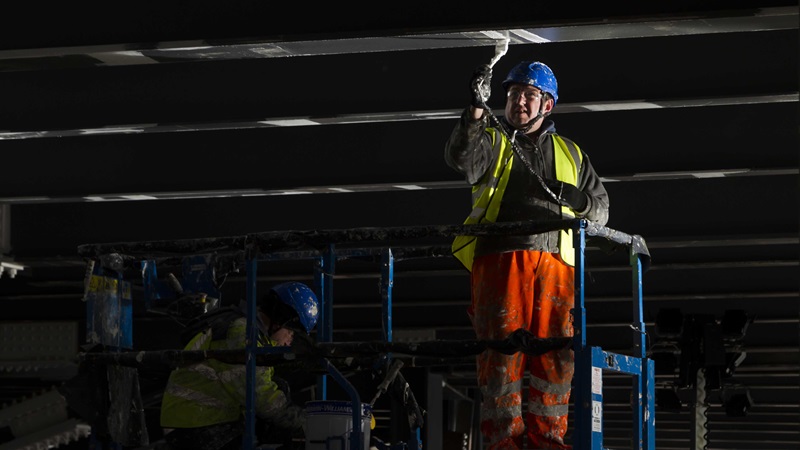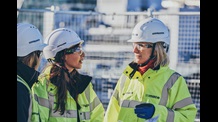Perspectives
How can we make construction more productive?
The total cost and all the reasons for the collapse of Carillion won’t be truly understood for some time – but what is clear is that it’s a landmark moment for our industry. Mace's Chief Executive Mark Reynolds explains how it might trigger progress on construction productivity.
It has rightly raised the profile of a number of important issues facing the sector, from productivity and government procurement to payment retentions and how projects are governed.While many commentators are searching for explanations, they are often discussing the symptoms rather than the root cause. It’s widely known that over the last couple of decades productivity in our sector has flatlined and we’ve fallen behind almost every other industrial sector in the UK.
According to new research carried out by Mace, if our sector had kept pace with productivity in manufacturing over the past 20 years, we would be delivering £50bn more work a year with the same number of workers, which would generate more than £100bn in benefits for the economy every year.
That extra productivity would boost our national GDP by 3 per cent, allow us to build our infrastructure pipeline faster, and help stabilise the UK construction sector while increasing margins across the board.
A more productive construction sector means faster delivery with less risk. It means fewer problem jobs and therefore improved profitability.
But how do we give productivity the boost it needs?
People talk about skills, technology, innovation, capital investment and modern methods of construction. These are all valid points and things we need to think about. But for me these are missing the bigger picture.
For me, productivity really comes down to two ‘M’s: measurement and model.
Firstly, we need to create a culture of measurement and learning, as we did for safety with the AFR and lost-time incidents over a decade ago. Having an agreed approach to measurement would mean that meaningful comparisons across projects and companies can be made and lessons learned.
One potential method for collecting and sharing information that I would like to see explored is the i3P platform, which is already used to collaborate and share innovations across infrastructure projects.
Secondly, we need to change the models for our client relationships. The work the ICE is doing with Project 13 to move from transactional models to high-performing enterprises focused on outcomes is exactly what needs to happen.
This approach – where interests are aligned, risks and benefits are shared and we’re joined up in our approach – will allow innovations and new approaches to be developed and implemented, driving productivity improvements.
It may seem as though there’s a big mountain to climb. The good news is that there is broad political consensus of the importance of raising construction sector productivity.
The announcement of a £170m construction sector deal as part of this focus shows there is a commitment to change things for the better. This focus and ambition to do things differently is surely only going to increase in intensity in the wake of Carillion.
The size of the prize is enormous: £100bn for the economy and sustainable margins for us all to share. Surely that’s a prize worth fighting for?
I want a better perspective on

















